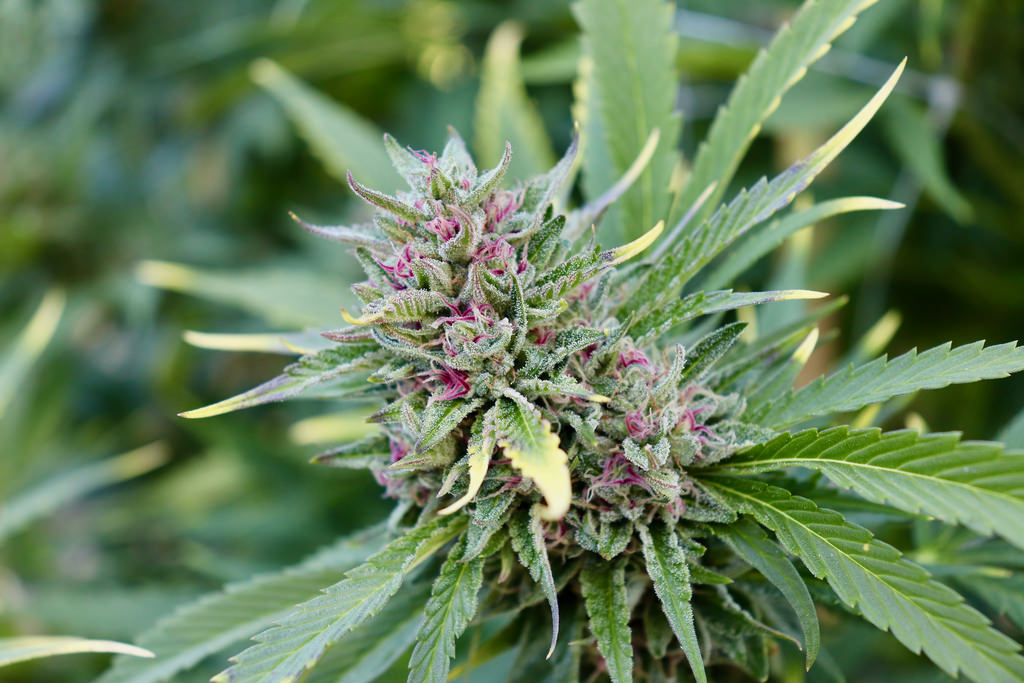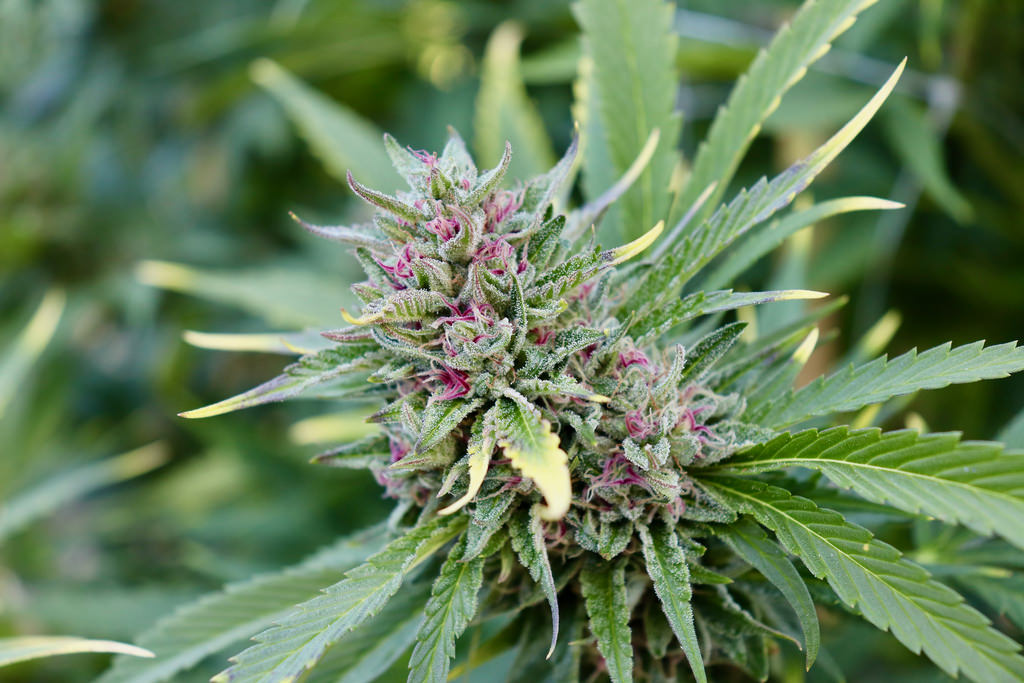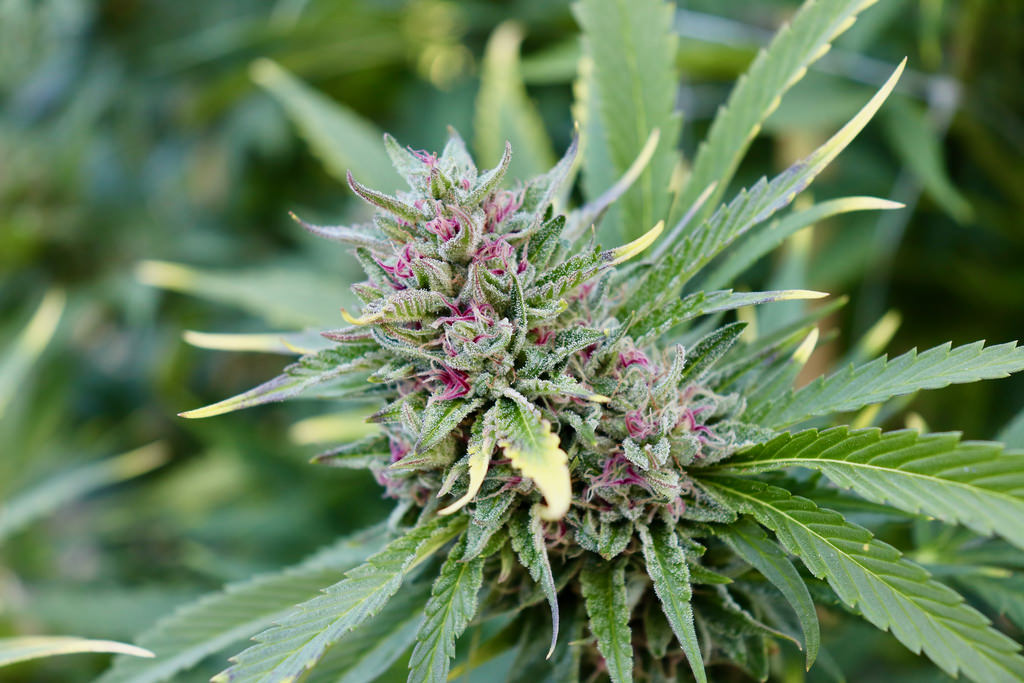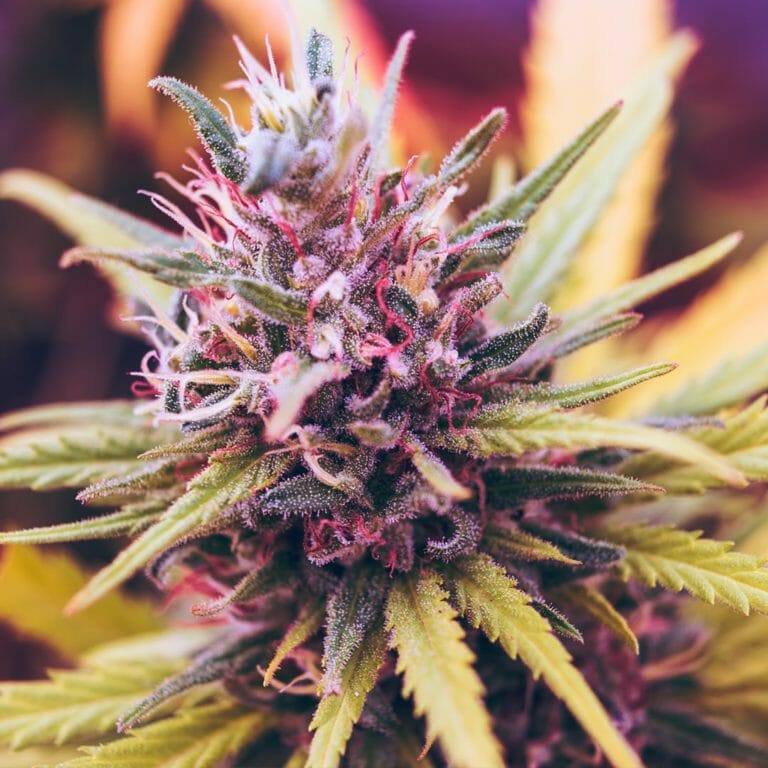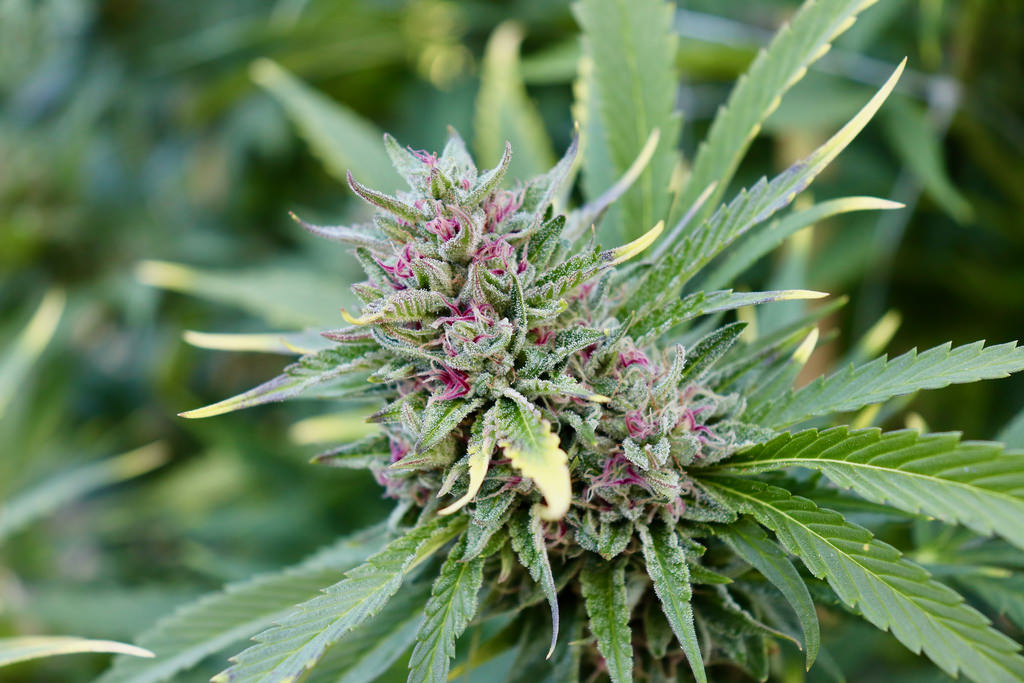Navigating the UK Cannabis
Navigating the UK cannabis
As cannabis reform continues to gain momentum around the world, many in the UK are left wondering: what exactly is legal when it comes to cannabis in 2025? With medical access expanding—but recreational use still largely prohibited—it’s easy to feel overwhelmed. This guide breaks down the current state of cannabis law in the UK, helping you stay safe, informed, and on the right side of the law. It
🔍 Is Cannabis Legal in the UK?
No, cannabis remains illegal for recreational use in the UK under the Misuse of Drugs Act 1971, where it is classified as a Class B drug. Possession, supply, or production without a prescription or licence is a criminal offence.
Penalties for recreational use:
Possession: Up to 5 years in prison, an unlimited fine, or both.
Supply and production: Up to 14 years in prison, an unlimited fine, or both.
Cannabis warnings: Police may issue a warning or an on-the-spot fine (penalty notice) for small amounts, but this is discretionary and varies by force.
💊 Medical Cannabis: Legal But Limited
Medical cannabis was legalised in November 2018, but access remains tightly controlled. In 2025, it’s still only available on prescription and typically through private clinics.
Who qualifies?
Patients with chronic or treatment-resistant conditions like:
Epilepsy
Multiple sclerosis (MS)
PTSD or anxiety (less commonly prescribed)
Where to get it:
NHS: Access is extremely limited and rare.
Private clinics: Many UK patients now turn to licensed private cannabis clinics, which offer consultations and prescriptions.
✅ Tip: Ensure the clinic is registered with the Care Quality Commission (CQC) for safety and legitimacy.
🧪 What About CBD?
CBD (cannabidiol) products are legal in the UK if they:
Contain less than 1mg of THC per container
Are derived from EU-approved hemp strains
Are marketed as a food supplement, not a medicine
The Food Standards Agency (FSA) regulates CBD and requires Novel Food approval for oral CBD products. Many retailers still operate in a grey area, so consumers should always:
Look for third-party lab results
Avoid products making medical claims
Check for FSA-compliant listings
⚖️ Grey Areas and Caution Zones
Cannabis Seeds: Legal to buy and sell as souvenirs, but illegal to germinate or cultivate.
Growing Cannabis: Strictly illegal, even for personal medical use, without a Home Office licence.
Driving and Cannabis: It is illegal to drive with THC in your system, even if prescribed. UK drug-driving laws are strict and enforced with roadside testing.
🚨 Harm Reduction and Staying Safe
While the legal landscape is restrictive, many still choose to use cannabis recreationally. If you do:
Avoid black-market products—many are contaminated or mislabelled.
Never mix with other drugs or alcohol.
Be cautious of synthetic cannabinoids (“Spice”) sometimes sold as cannabis.
🔮 What Might Change in the Future?
Though full legalisation isn’t on the immediate horizon, the conversation is evolving:
Cross-party groups and MPs are advocating for expanded access and decriminalisation.
Public support for legalisation continues to grow—especially for medical use.
More private clinics and research initiatives are emerging in 2025, indicating a slow but steady shift.
✅ Key Takeaways
Recreational cannabis is still illegal and punishable by law.
Medical cannabis is legal but primarily accessible through private clinics.
CBD is legal, but only if it meets strict criteria.
Always stay informed and purchase from licensed, reputable sources.

